Recovery is a lifelong journey, Luke says. “Drugs are a giant, a monster that we need to cast aside and fight against every single day”.
His first drug was cannabis at age 14. “It was exciting at first. Even the thought of doing something you’re not supposed to”, he said, but eventually he “was thinking about it day and night”.
Luke said that at age 16, he began using other drugs like ecstasy when going to parties. He was a DJ for a time and was attracted to the lifestyle. “From ecstasy, I moved on to cocaine. I had tried heroin as well, but it wasn’t my drug. I kept using cocaine in different forms until it took over my life. I spent nine years using it, from morning till night. It took over my life”.
“I would spend three - four days away from home, not knowing where I was, my mind lost in drugs. Drugs became my parent, my brother, my sister, my everything”.
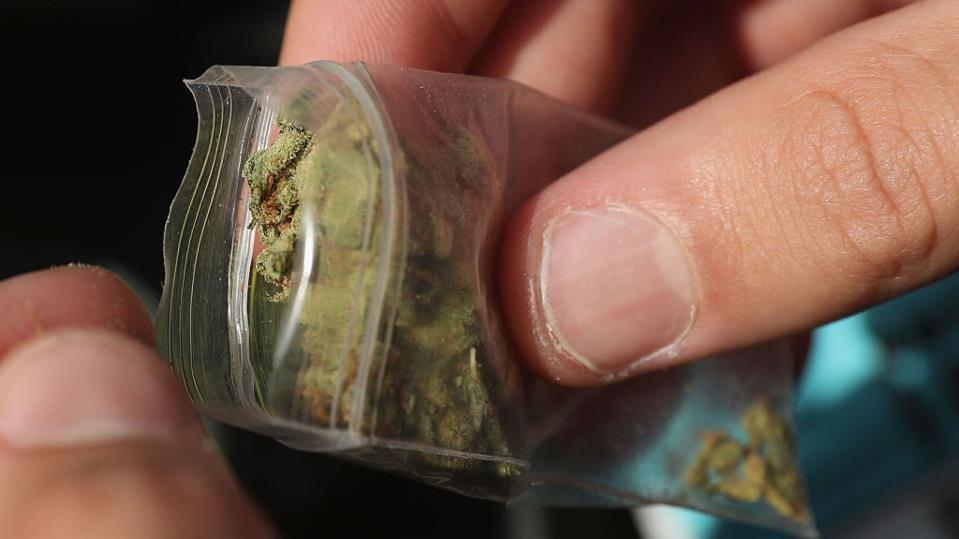
Stopping was not easy, even though he recognised he had a problem. He tried to stop on his own, making sure he wouldn’t have a debit card on him when leaving home, only taking €20 with him. “But I had too many contacts and I would borrow money, or be given drugs for free paying later, going into debt”.
“I couldn't take it anymore and needed help. At 22-years-old I sought help from Caritas, and that’s where my recovery process began through the outreach programme”. A year later he entered San Blas for rehabilitation, feeling that he needed such a programme to overcome his addiction.
When dealing with drug dependence, it is not just the user who struggles, but families also, he said. “They suffer not knowing how to handle their loved one, not knowing how to help them overcome the destructive addiction. No parent would want to see their child being destroyed before their eyes and not be able to do anything about it, but they might not know how to really help”.
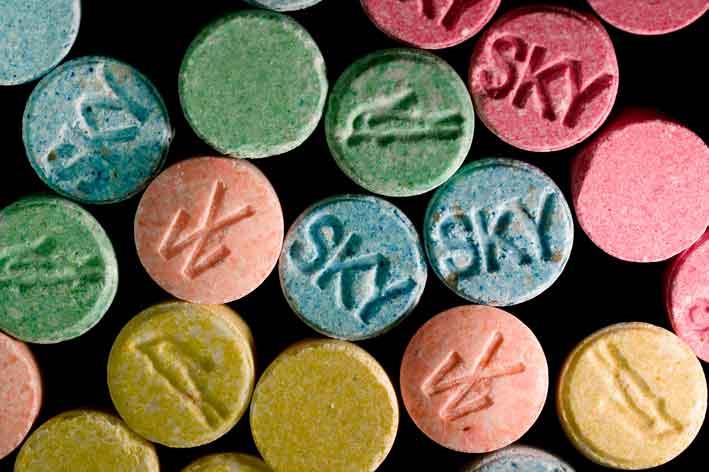
Caritas, he said, offers support for families. “My parents went to Caritas, to the family unit and learned how to handle me and to give me what I needed rather than what I wanted”.
‘Disgusted’ by consultation process
While the myth that cannabis is a gateway drug was debunked in recent years, Luke doesn’t agree with the argument that cannabis isn’t as addictive or damaging as other drugs, tobacco or alcohol. “I spent two years just using cannabis, between the age of 14-16. The mental problems I had were evident and nobody can contradict me on that. Thinking about using cannabis from morning till night is not right. When you wake up thinking about marijuana rather than what you are going to do with your day, then it has already taken over you. To seek an external substance in order to feel ok and enjoy yourself, then that is a problem”.
He was asked about the recent Cannabis White Paper issued by the government, on which a public consultation recently closed. “I was disgusted by it”, he said, arguing that it gives a wide platform for people to use cannabis even more. Luke is concerned that raising the limit in terms of the amount of marijuana someone can carry, and the amount a person can grow, will give the impression that it is ok to use it.
He argued that people should not need to look to external substances in order to relax or enjoy themselves, adding that there are other ways people can achieve those goals, by hiking, fishing, going on a picnic, and other such activities.

‘Users need help, not punishment’
While arguing that it should not be seen as being ok to use cannabis, Luke agrees that the use of drugs should be decriminalised. “Those using drugs need help, not punishment... But by increasing the amount of cannabis a person can carry without any consequence, you are saying that it is ok to use”. Further study and research is needed, he said. “The 2015 law is working well as nobody is sent to prison for simple possession, while their police conduct is not being tarnished”.
Caritas’ official position on the issue is that the tribunal should remain in place for simple possession and any small amount. A Caritas official said: “The Tribunal currently issues administrative fines, and points people who are struggling with drugs toward seeking help. One can consider the abolition of arrests for simple possession but the inconsequential use of small amounts of drugs risks bolstering use and the black market”.
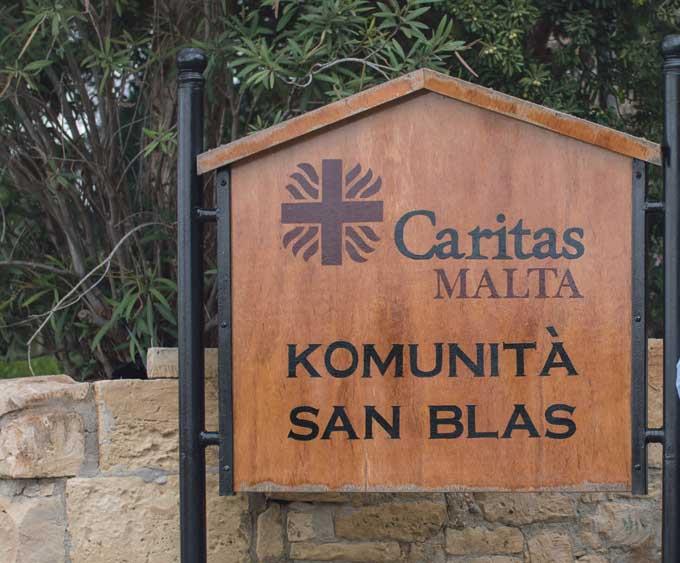
Speaking about his time at San Blas, Luke said: “When going into the San Blas programme, you would already have cut out drugs. The programme helps you change your lifestyle and rediscover the things you love doing, which you might have lost over time. It teaches you how to take care of yourself, to be responsible and honest. It helps remove the manipulative nature that drugs bring out in you... you take responsibility for your actions and start to grow. It teaches you to live with others, confront others, and confront yourself about the things that went wrong in your life”.
Rehabilitation
When graduating from the programme after 11 months, he recalls attending his village feast on his first week out. He ran into a dealer he used to purchase drugs from, a situation that tested his resolve as he was offered drugs. “Had I not gone through the programme and confronted myself, learning to say no and to take a stand, I would have fallen off the horse. It was a moment where I had to take control of myself just like I learned from the therapists and staff at Caritas”.
He graduated from the programme ten years ago and Luke has remained clean since his time at San Blas. Since then, he has wanted to help others beat addiction, and a year ago he got the chance. He began working with Caritas on the prison inmates programme, originally on a part-time basis, and he now works there full-time. He hopes to make a difference in other people’s lives. This programme specifically caters for people who are serving a prison sentence and have a drug abuse problem. Prisoners are granted leave to follow the approved rehabilitation programme out of prison.
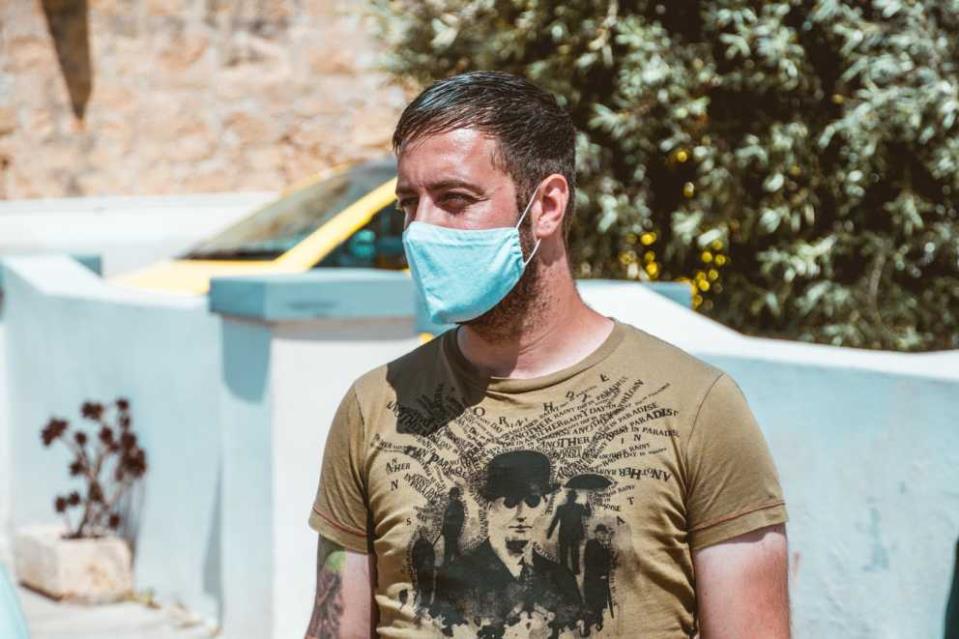
“The prison inmates programme helps prisoners with drug addiction reform themselves and teaches them the skills to cope with life without drugs”.
Asked about the drug situation in prison, he said that from what he has heard there doesn’t seem to be a problem anymore. “Reforms were implemented and there was a push to eradicate drugs from prison. But it doesn’t mean that simply because there are no drugs, the mind-set of an addict has changed”.
“If someone spends a year in jail, but his or her thoughts are still on drugs, then when they leave prison they will revert to their old lifestyle, using drugs, possibly committing a crime to sustain their addiction which would result in them being sent back to prison. The important thing is to help change the mind-set and help them work on themselves”.
The aim is to help people live clean lives, he said.
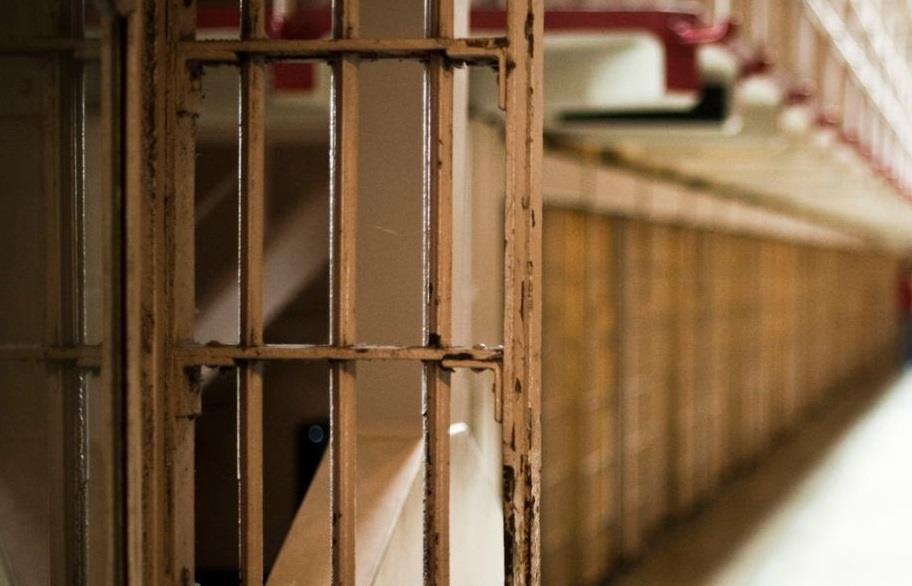
Luke explained that once a drug user completes a Caritas programme, there is support available to help them as they re-enter society.
He mentioned Dar Charles Miceli where, after completing a programme, former substance abusers can receive an aftercare service which offers therapeutic groups and sessions where former drug users can also focus on tailor-made treatment plans which will include topics like employment, housing, relationships, finances, health and legal matters.
He explained that the support offered truly assists in recovering from addiction and urged those who need help overcoming drug addiction to seek it.
If you need support to overcome drug addiction, you can contact Caritas Malta on 21237935